West needs an emergency transfusion to live without Putin’s oil and gas lifeblood
Russia is the world’s second biggest gas producer and third biggest oil baron. The West needs an emergency transfusion to live without Putin’s lifeblood.
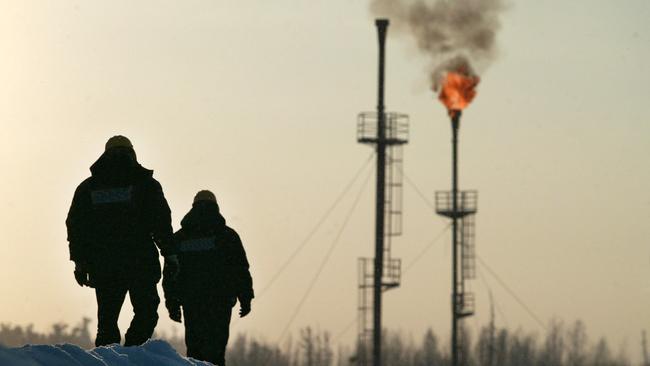
Russia is the world’s second biggest gas producer and third biggest oil baron. World leaders are desperately trying to wean themselves off Vladimir Putin’s energy exports – and Boris Johnson will in the coming days publish a new energy strategy to ease Britain out of Putin’s grip. In the 1970s, the lights went out during the last major energy crisis. How can the prime minister avoid a repeat?
DRIVING DEPENDENCE
While we are largely self-sufficient in petrol, with some coming from Norway, half our diesel is imported and a third of that comes from Russia. Johnson has pledged to phase out imports of Russian oil by the end of the year, but finding immediate replacements hinges on negotiations with the Middle East.
Analysts believe there is now a significant threat that diesel will have to be rationed. Sales of new diesel vehicles have fallen in recent years but there are still 12 million diesel cars on the road, and the haulage industry relies on it.
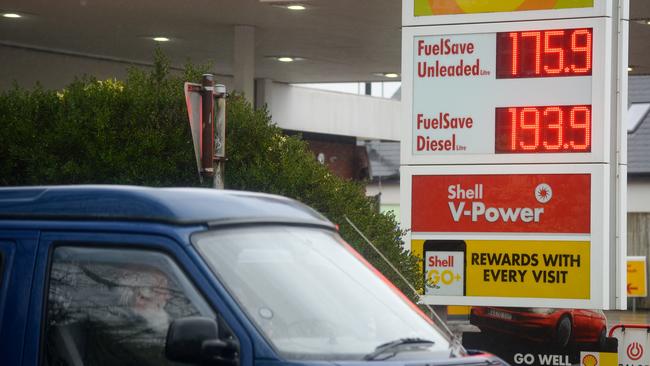
A note issued by the Energy Aspects consultancy said: “Risks of energy rationing and ultimately a recession are growing by the day – something most policymakers seem to be ignoring or not grasping right now. If Russian oil is not integrated back into the market within the next few weeks, we are at a real risk of having to ration crude and products by the summer.”
By Friday it had revised its view and said diesel rationing could start as soon as April. Predictions of a shortage are more serious than last September, when petrol forecourts ran dry. At that time the government insisted there was no oil shortage, only panic buying.
DASH FOR GAS
About 40 per cent of European gas comes from Russia. This dependence is so dire that President Biden is considering sending heat pumps to Europe from the United States to reduce Putin’s influence, in a plan labelled “heat pumps for peace”.
The UK’s dependence is not quite so severe. We receive just 4 per cent of our gas from Russia. But the bigger issue is price. Because we are part of a global market any price shock hits us hard. The British wholesale price soared when Russia invaded Ukraine. It briefly hit 800p per therm last week – compared with 45p a year ago – before settling at 318p on Friday.
Even before the Ukraine war, household energy bills were due to rise 50 per cent on April 1 to an average of pounds 2,000 a year. By the time of the next rise, on October 1, the war will mean bills surpassing pounds 3,000.
So would producing more gas domestically via the North Sea help? Not necessarily. Because we are in an international market, it would take a huge influx of gas to affect the price.
SCRAPING NORTH SEA BARREL
Gas remains fundamental to the economy. Even if we filled the country with wind farms, when the wind does not blow we need something to keep the lights on. This security could be provided by nuclear, or energy storage, or tidal power. At the moment it is provided by gas.
Jim Watson, a professor of energy policy at University College London, said: “We’ve got to manage the transition to net zero and managing the transition means managing the role of gas in the economy.”
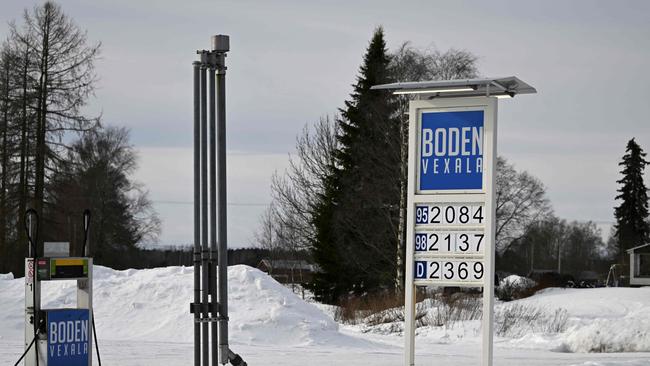
But the North Sea, which has been the mainstay of our energy industry since the 1980s, is in decline. Only half the gas we use today is produced domestically, with the rest piped in from Norway or shipped from the Middle East and US. “We’ve only really been self-sufficient for gas in two periods,” said Simon Cran-McGreehin, head of analysis at the Energy and Climate Intelligence Unit (ECIU). “Once was in the 1970s, when everything was nationalised and British Gas would turn the taps on and off to meet demand. And then in the 1990s, when the markets were liberalised and there was a huge upsurge in drilling to meet all that demand.”
Since then, however, much of our gas has been used up. Some 45.9 billion barrels of oil and gas have been extracted from the UK continental shelf since exploration began. Nobody knows how much is left, but the Oil and Gas Authority estimates there were just 4.4 billion barrels of “proven and probable” oil and gas remaining at the end of 2020. Of that, 1.3 billion barrels were gas, enough for roughly three years of domestic demand.
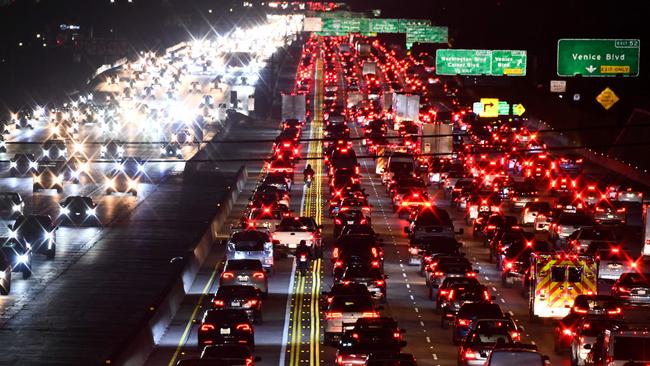
A further 2.1 billion barrels are thought to remain in licensed fields waiting for full approval, proposed new developments and what the authority calls “marginal discoveries”. So there may be an additional five years’ worth of gas left, if we can extract it. But by 2030 the gas may have run out.
The government is considering the exploration of six new fields. But, of these, only three produce gas, and those will only meet 2.4 per cent of UK demand by 2028, according to ECIU analysis.
Politics complicates the picture. The SNP, which governs Scotland with the Greens, now opposes new exploration as part of a shift to a green agenda.
MATTER OF FRACK
What about fracking, the focus of British hopes of an energy renaissance? Tory backbenchers want it kick-started to extract gas from shale below Lancashire.
Johnson last week announced he would look at “all options” to ease energy security concerns. But a moratorium on fracking has been in place since a tremor shook the ground near a well run by Cuadrilla in 2019.
A Whitehall source insists: “Until we have compelling evidence that this can be done safely, the moratorium will remain in place.”
TURN DOWN THE THERMOSTAT
Instead of increasing supply, why not reduce demand? The International Energy Agency has already suggested that every home turn down the thermostat by one degree to save money. But if we better insulated leaky homes, we’d need less gas to heat them.
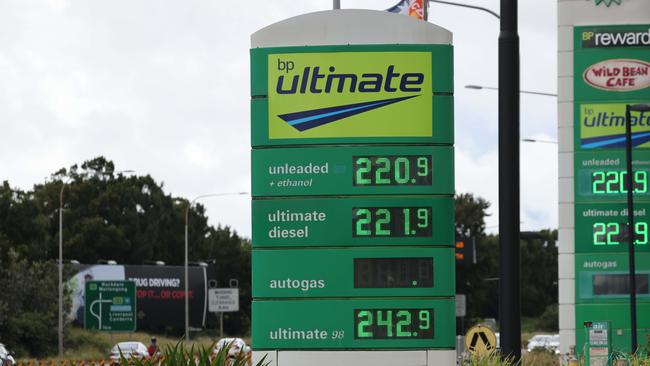
According to ECIU analysis, the six million homes that have insulated cavity walls and roofs since 2009 will save an average of pounds 194 per year on their bills under the new prices. But insulation has been neglected by the government for a decade. Energy efficiency installations peaked at 2.3 million homes a year in 2012. Since then they have dropped 90 per cent. If a million homes a year could undergo work to upgrade from an average energy performance certificate (EPC) rating of band D to C, it would cut gas use by an average of 20 per cent.
GO FOR GREEN
Fossil fuels, campaigners argue, got us into this mess. Only by phasing them out will we cut the cord to Putin. So why not accelerate renewables?
Dr Simon Evans, of the Carbon Brief website, calculates that if the 410 solar projects and 239 wind projects currently awaiting construction were all built, they would provide enough electricity to replace our Russian imports.
Some have blamed the drive to net zero for our poor energy security. But in 2013 the cost of new offshore wind was roughly pounds 180 per megawatt hour. It now costs less than pounds 50. With record gas prices, green power may just be the long-term cheaper bet.
The Sunday Times


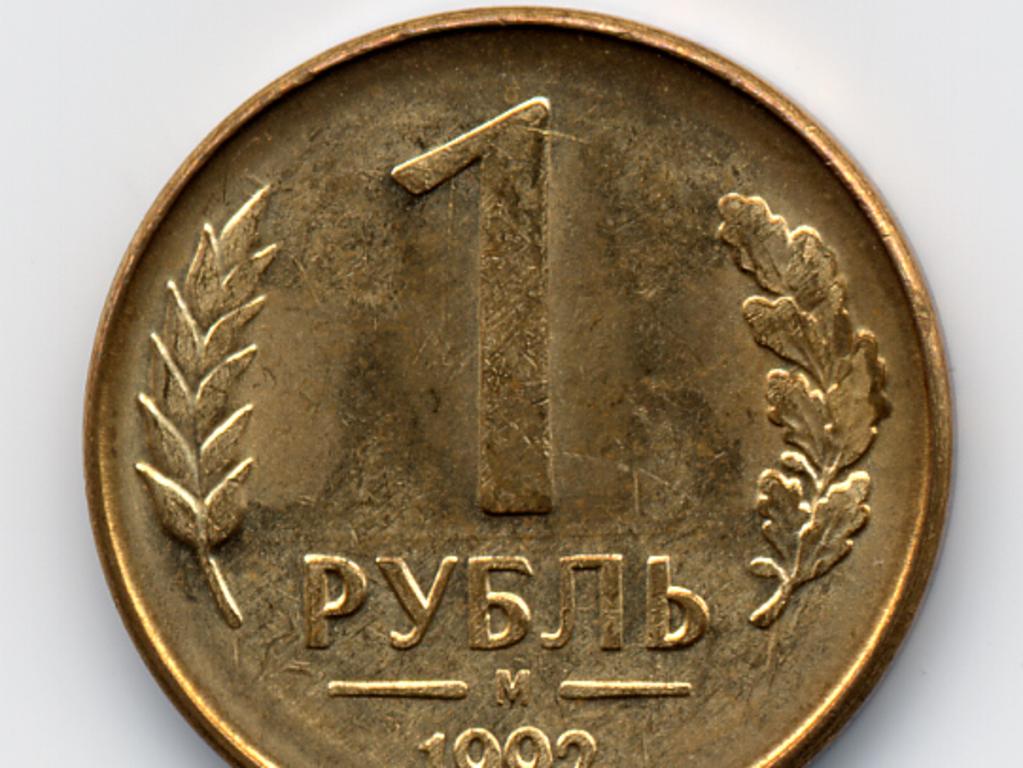
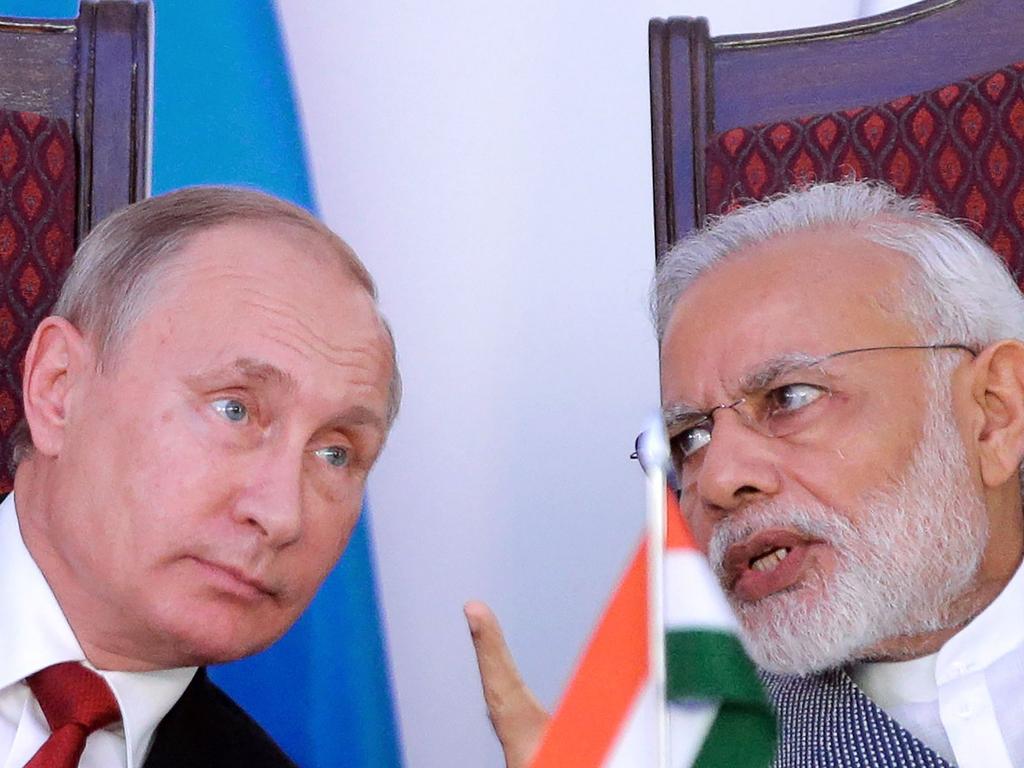



To join the conversation, please log in. Don't have an account? Register
Join the conversation, you are commenting as Logout